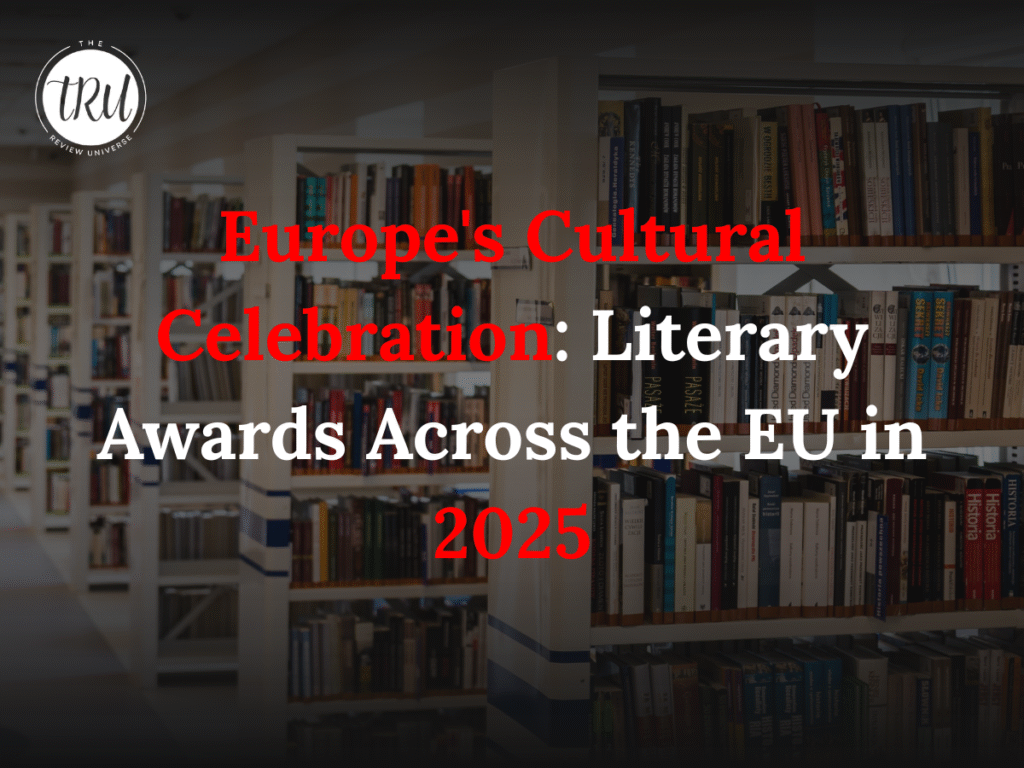
Europe has always had a way of telling its story through words. From smoky Paris cafés to the quiet libraries of Prague, literature has long been the continent’s heartbeat-a reflection of its diversity, depth, and shared humanity. In 2025, that heartbeat feels stronger than ever. Across the European Union, literary awards are not just recognising exceptional writers, but celebrating the power of storytelling to connect cultures, languages, and generations.
At the centre of this celebration stands the European Union Prize for Literature (EUPL), shining a spotlight on emerging voices that define the modern European imagination. This year’s laureate, Nicoletta Verna from Italy, was honoured for I Giorni di Vetro (The Days of Glass)-a haunting exploration of fragility and remembrance. Alongside her, Philippe Marczewski from Belgium and Sheila Armstrong from Ireland earned special recognition for their bold and emotionally resonant works. Beyond the EU borders, the EBRD Literature Prize carried the torch for translated fiction, awarding Sons, Daughters by Ivana Bodrožić, translated from Croatian by Ellen Elias-Bursać, for its poignant depiction of memory, loss, and identity.
The stage doesn’t end there. The Booker Prize and the International Booker Prize, though global in scope, continue to embody Europe’s literary excellence celebrating voices that reimagine storytelling in a multilingual, postmodern world. The Dutch European Literature Prize adds another layer of cross-cultural dialogue, honoring the best European novels translated into Dutch. Meanwhile, Italy’s Premio Hemingway and the A Sea of Words competition in Barcelona nurture both established and emerging storytellers, ensuring that Europe’s literary flame keeps burning bright. Together, these awards capture the spirit of a continent where words are more than art—they are connection, resistance, and celebration all at once.
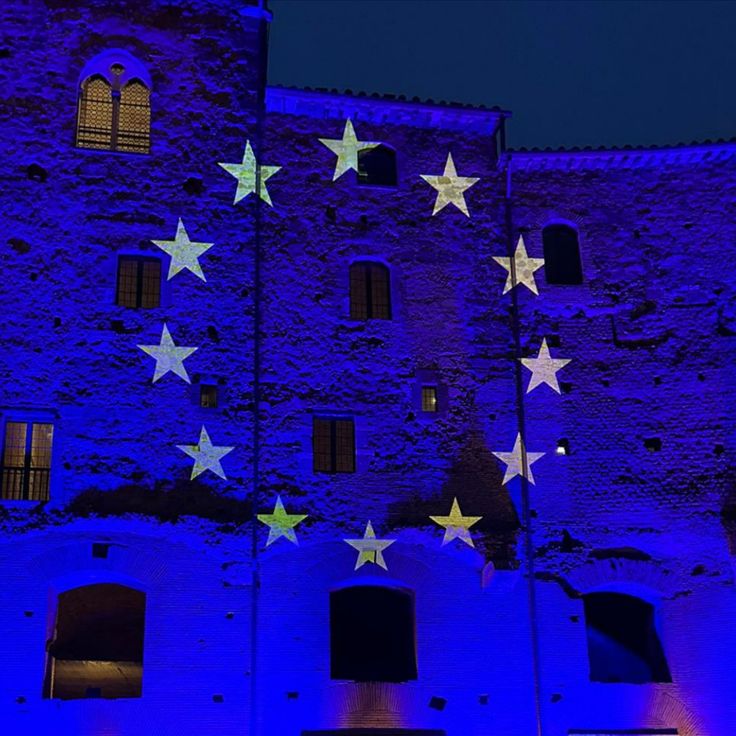
The Heartbeat of the EU: Major Literary Awards of 2025
In 2025, Europe’s literary map was illuminated by several flagship awards that not only recognize individual brilliance but also celebrate translation, cross-cultural dialogue, and literary diversity.
European Union Prize for Literature (EUPL)
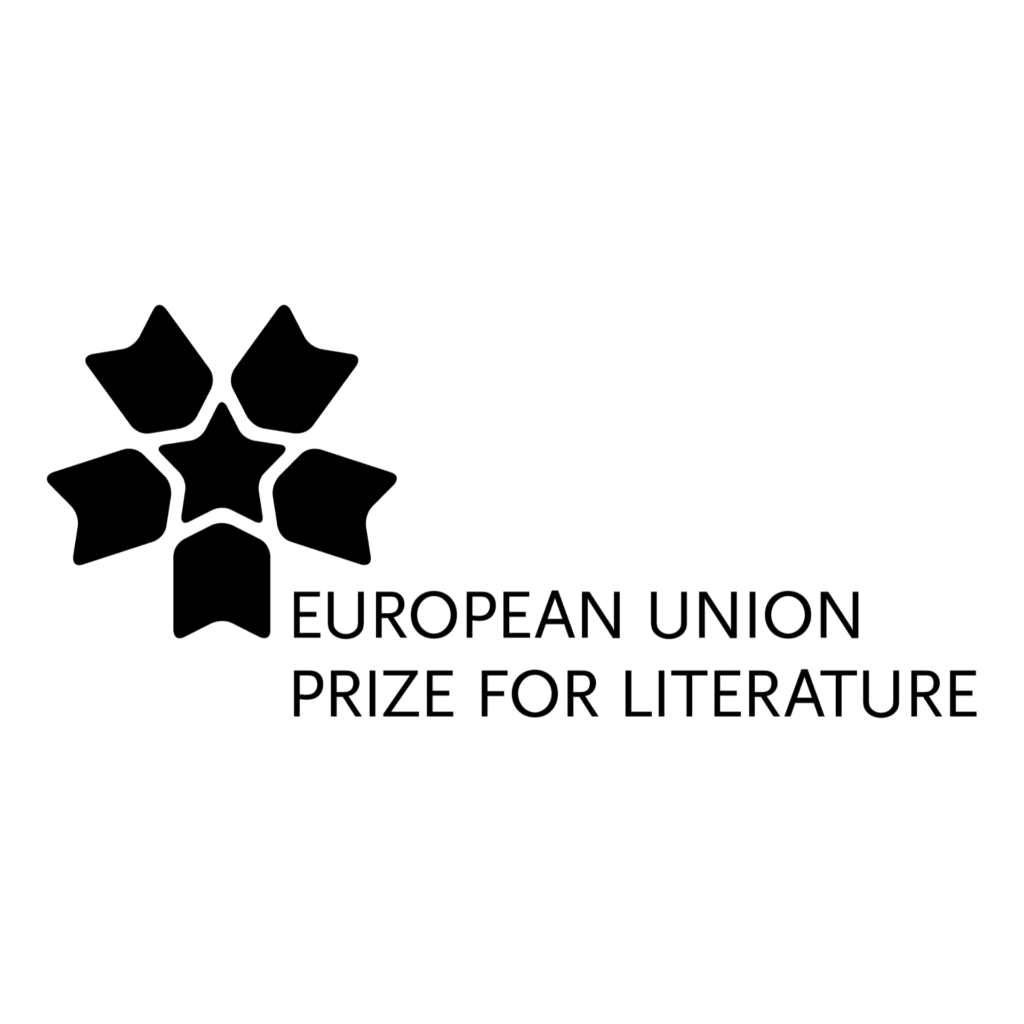
The EUPL remains one of the most emblematic pan-European literary prizes, aimed at promoting emerging authors across EU and associated countries and supporting cross-border readership. European Union Prize Literature
- 2025 Grand Prix Winner: Nicoletta Verna (Italy) for I Giorni di Vetro (The Days of Glass) European Union Prize Literature+3culture.ec.europa.eu+3Publishing Perspectives+3
- Special Mentions: Philippe Marczewski (Belgium) for Quand Cécile, and Sheila Armstrong (Ireland) for Falling Animals culture.ec.europa.eu+2literatureireland.com+2
- The award cycle in 2025 included 13 countries: Austria, Belgium, Bosnia and Herzegovina, Georgia, Greece, Ireland, Italy, Lithuania, Norway, Romania, Slovakia, Spain, and Ukraine. European Union Prize Literature+2European Union Prize Literature+2
- Shortlisted authors were announced earlier in the year; the winner was revealed at the Book World Prague fair. culture.ec.europa.eu+2EPCR+2
- The EUPL also provides translation support and helps authors appear in European book fairs to foster readership across borders. European Union Prize Literature+2Publishing Perspectives+2
The EUPL is interesting not just for its winner but for its structure: it cycles through groups of participating nations, enabling more countries to take turns in the spotlight, and gives authors from smaller or less internationally known languages an opportunity to break into wider European literary consciousness. Publishing Perspectives+2culture.ec.europa.eu+2
EBRD Literature Prize
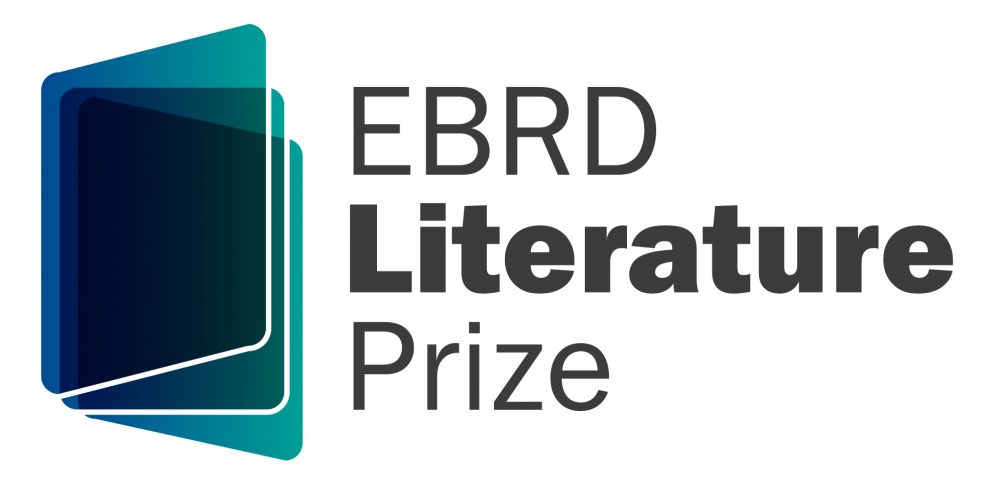
While EUPL focuses on Europe in a cultural sense, the European Bank for Reconstruction and Development (EBRD) Literature Prize emphasizes translation and shared literary heritage in the bank’s regions of operation (which include Eastern Europe, Central Asia, and neighboring states). ebrd.com+2ebrd.com+2
- 2025 Winner: Sons, Daughters by Ivana Bodrožić, translated from Croatian by Ellen Elias-Bursać.
- The prize money is €20,000, split equally between the author and the translator.
- The shortlist for 2025 was drawn from translated fiction works submitted by publishers in eligible regions. Finalists include Forgottenness (Tanja Maljartschuk, Ukrainian, translated by Zenia Tompkins), The Empusium (Olga Tokarczuk, Polish), among others.
- The award highlights how translation is a bridge: it brings voices from less globally dominant languages into the English-speaking world, and celebrates translators as collaborators.
- Timeline: submissions open in autumn, shortlist in spring, finalists in April, and winner announced at a summer ceremony.
This prize is significant because it underscores how many of the stories that shape European understanding today come not only from Western capitals but from borderlands and regions often less heard and translation ensures they reach a broader audience.
International Booker Prize 2025
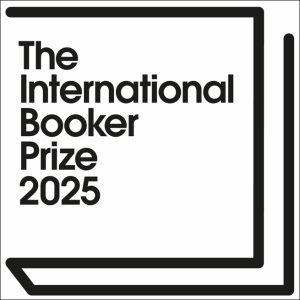
Though not limited to Europe, the International Booker Prize is a key part of the European literary conversation especially its emphasis on translation and cross-language dialogue. The Booker Prizes+1
- 2025 Winner: Heart Lamp by Banu Mushtaq, translated from Kannada by Deepa Bhasthi. This is the first time a collection of short stories has won the prize, and the first Kannada translation awarded. The Booker Prizes+1
- The £50,000 prize is shared equally between author and translator. The Booker Prizes+1
- This award underscores how European literary culture isn’t insular—it engages globally, celebrates multilingualism, and values the art of translation. The Booker Prizes+1
Dutch European Literature Prize (Europese Literatuurprijs)
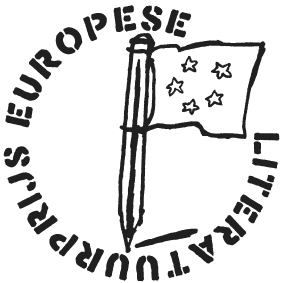
The Europese Literatuurprijs (European Literature Prize, Dutch) is a key Dutch initiative. It awards the best European novel translated into Dutch.
- Established in 2011, this prize is run by the Dutch Foundation for Literature, SPUI25, the weekly De Groene Amsterdammer, and Athenaeum Boekhandel.
- The winning novel is selected from suggestions by Dutch and Flemish bookshops, reinforcing readership culture in the Netherlands.
These awards together reflect a dynamic literary ecosystem in 2025. They show Europe not just as a patchwork of national literatures, but as a network of voices intertwined through translation, shared culture, and collective imagination.
Translating Worlds: Language as Europe’s Superpower
In 2025, Europe’s literary scene showcased the power of translation in bridging cultures and voices. The European Union Prize for Literature (EUPL) celebrated emerging authors, highlighting the importance of making diverse narratives accessible across languages. culture.ec.europa.eu
The EBRD Literature Prize further emphasized this by awarding both author and translator equally, underscoring the collaborative nature of storytelling. ebrd.com
Additionally, the International Booker Prize recognized works translated into English, bringing global narratives to European readers. The Booker Prizes
Nurturing New Voices: Youth, Innovation, and the Future of Storytelling

In 2025, the A Sea of Words competition continued its mission to amplify the voices of young storytellers across the Euro-Mediterranean region. This annual literary contest, organized by the European Institute of the Mediterranean (IEMed) in collaboration with the Anna Lindh Foundation (ALF), invites young authors aged 18 to 30 to envision the Mediterranean they hope to see in the future. The theme for 2025, “The Mediterranean We Imagine,” encouraged participants to explore ideas of diversity, democracy, and cooperation in their narratives.
The competition culminated in a special awards ceremony held on September 29, 2025, in Barcelona, as part of the Mondiacult 2025 and the 30th Anniversary of the Barcelona Process. During this event, the ten best young authors were honored, with their stories reflecting a rich tapestry of cultural perspectives and aspirations for a shared Mediterranean future.
Local Pride, Global Impact: National Awards and Cultural Roots
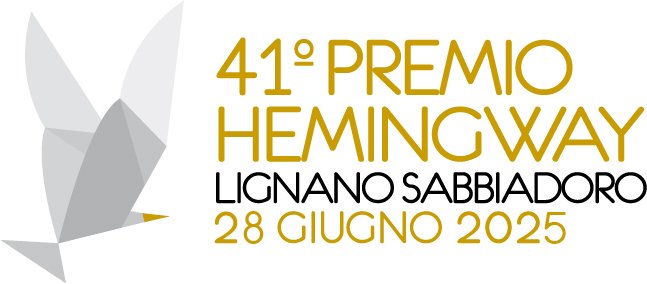
While Europe celebrates continental and international prizes, national literary awards play a vital role in nurturing local talent and preserving cultural heritage. Italy’s Premio Hemingway, for example, continues to honor writers and thinkers who excel in literature, journalism, and philosophy, recognizing works that engage deeply with both national and global issues. (en.wikipedia.org)
In the Netherlands, the Dutch European Literature Prize (Europese Literatuurprijs) awards the best European novels translated into Dutch, highlighting the importance of language, translation, and readership culture. (en.wikipedia.org) Similarly, countries across Europe maintain prizes that showcase national voices while connecting to the broader literary ecosystem, ensuring that local narratives resonate internationally.
These national awards remind us that Europe’s literary landscape is not just about fame and global recognition. They reflect the continent’s rich traditions, foster a sense of cultural pride, and create pathways for authors to reach audiences both at home and abroad. Together, they prove that while literature can be universal, it often starts with a deeply rooted local story.
Beyond Borders: Literature as Europe’s Cultural Bridge
Literature in Europe is more than words on a page-it’s a bridge that connects nations, languages, and generations. In 2025, the continent’s literary awards from the European Union Prize for Literature to the International Booker Prize showed how stories travel beyond borders, bringing empathy, culture, and understanding to readers everywhere. (euprizeliterature.eu, thebookerprizes.com)
Translation plays a central role in this bridge. By giving voice to authors in less widely spoken languages, awards like the EBRD Literature Prize and the Dutch European Literature Prize ensure that unique regional stories reach a global audience. The collaboration between authors and translators transforms local narratives into universal experiences, allowing readers across Europe and beyond to connect with new perspectives.
Ultimately, these literary celebrations remind us that Europe’s cultural strength lies in its diversity. Each award, each translated story, and each young writer celebrated contributes to a living network of ideas and imagination. They prove that literature isn’t just art, it’s a unifying force, a shared language of humanity that transcends borders, politics, and languages.
